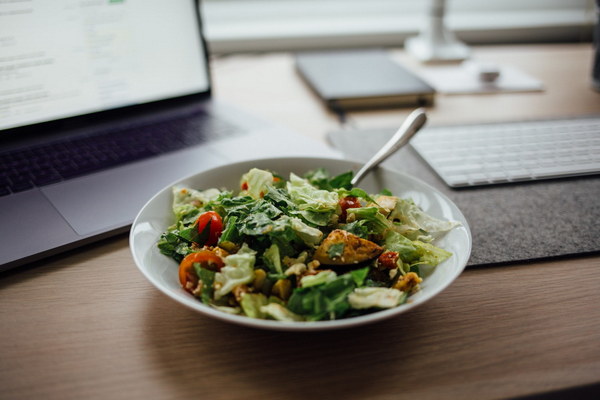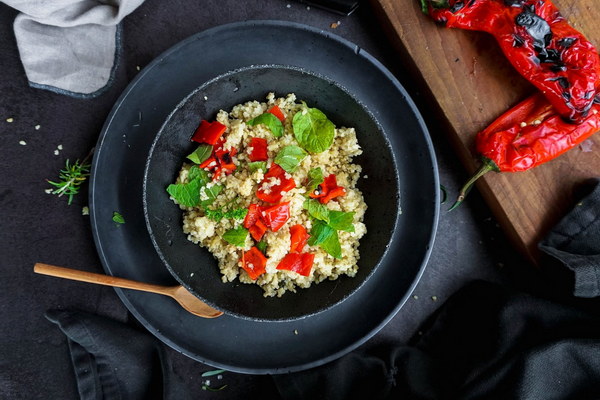Recovering Post-Excision A Comprehensive Guide to Post-Tonsillectomy Nutrition
After undergoing a tonsillectomy, it's crucial to focus on a well-rounded and nutritious diet to aid in recovery. Proper nutrition not only helps in speeding up the healing process but also supports the body's immune system during this critical time. Here's a comprehensive guide to post-tonsillectomy nutrition, covering what to eat, when to eat, and how to ensure a smooth recovery.
What to Eat Post-Tonsillectomy
1. Soft Foods: The first few days after surgery, it's essential to stick to soft foods that are easy to swallow and won't irritate the throat. Examples include:
- Soup or broth
- Mashed potatoes
- Scrambled eggs
- Yogurt
- Applesauce
- Oatmeal
- Mashed bananas
2. Fruits and Vegetables: As the healing process progresses, you can gradually introduce more fruits and vegetables. Opt for cooked or pureed versions until you can comfortably eat solid foods. Some suitable options include:
- Steamed or pureed carrots
- Cooked green beans
- Soft cooked peaches or pears
3. Protein: Protein is essential for healing and tissue repair. Incorporate protein-rich foods into your diet, such as:
- Lean meats, like chicken or turkey
- Fish
- Eggs
- Dairy products, like milk, cheese, and yogurt
- Legumes, such as lentils and chickpeas
4. Hydration: Staying hydrated is vital for recovery. Aim to drink plenty of fluids, including water, juice, and broths. Avoid caffeine and alcohol, as they can dehydrate you.
When to Eat

1. Small, Frequent Meals: Eating small, frequent meals throughout the day can help manage discomfort and prevent nausea. Aim to eat every 2-3 hours.
2. After Pain Medication: Take pain medication as prescribed by your doctor. Eating a small snack before taking pain medication can help minimize nausea.
3. At Night: If you have difficulty eating during the day due to pain or discomfort, consider having a light bedtime snack, like yogurt or a smoothie.
How to Ensure a Smooth Recovery
1. Avoid Certain Foods: Stay away from spicy, acidic, and crunchy foods, as they can irritate your throat and delay healing. This includes:
- Spicy or acidic foods, such as tomato sauce, citrus fruits, and hot peppers
- Crunchy foods, such as popcorn, chips, and pretzels
2. Chew Gently: If you do chew, do so gently and slowly to avoid damaging the surgical site.
3. Use a Straw: Avoid using a straw for the first 24 hours after surgery, as the suction can dislodge the sutures and delay healing.
4. Follow Your Doctor's Advice: Always consult with your doctor before making significant changes to your diet or starting any new supplements.
5. Monitor Your Recovery: Keep an eye on your symptoms and report any concerns to your doctor. Recovery times can vary, so be patient with yourself.
By following this guide, you can ensure a smooth and healthy recovery after your tonsillectomy. Remember, proper nutrition plays a vital role in healing, so make sure to prioritize your diet during this time.









